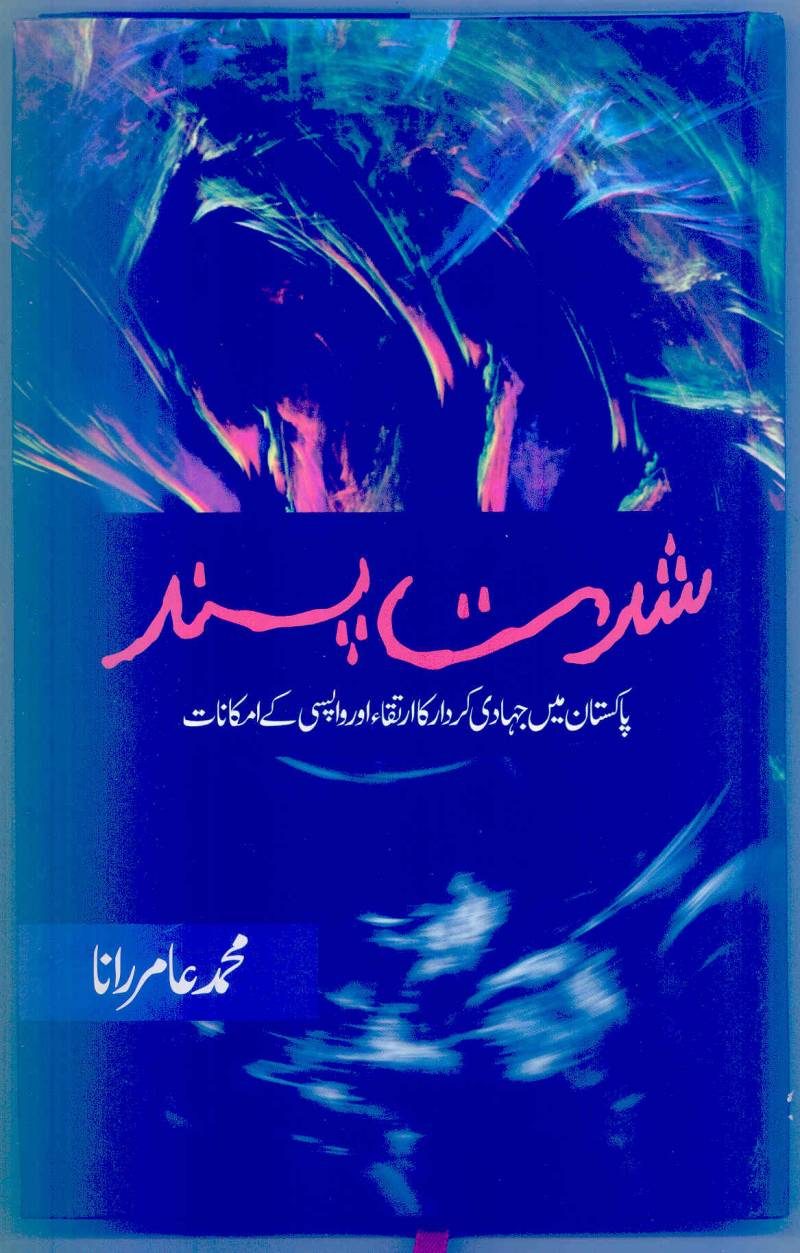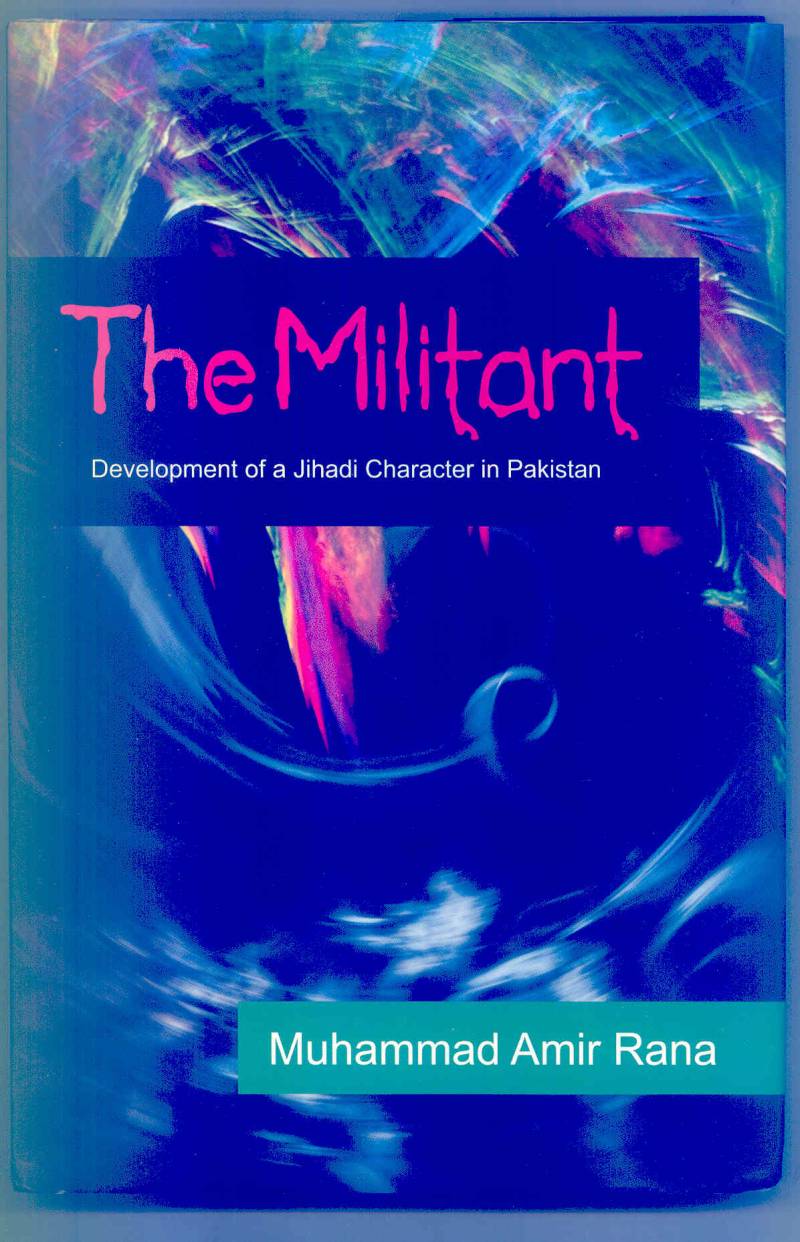Militancy has gradually increased in Pakistan over the years. Pakistan has bore the brunt of terrorism more than any other country in the world. The militant groups developed in Zia’s era and since then these groups have flourished under different names and forms. They transformed themselves rapidly after the first ban on militant groups was put in January 2002. Interestingly, there exist many different notions about these militant groups. Previously, the state institutions were of the view that the reaction of these frustrated segments of militant organizations would be temporary. They completely failed to understand the dynamics of their proxies. Some people still believe that they are not terrorists but misguided individuals. Against all such odd theories, Muhammad Amir Rana wrote the book ‘The Militant: Development of Jihadi Character in Pakistan’ which not only removes misconceptions about these groups but also reveals the hollow justifications used by these militant groups in support of their brutal activities.
Amir Rana has worked extensively on issues related terrorism and extremism in Pakistan and has developed a deep understanding of it. Focusing on the development of the militant’s character for the past three and half decades, the book discovers the different phases and generations of these militant groups. He divides them into three generations. The first generation was of Pakistani youth who joined jihad during Russia’s invasion in Afghanistan. These jihadis were adventurous and were largely drawn from the poor and lower middle class while their parents had no inclination towards jihad. The second generation switched after 9/11 incident. This generation had clarity in their minds about their aims and objectives. They belonged to poor, middle and upper middle class and also included well educated fellows of reputed institutions. The writer interviewed some of terrorist of this generation. The militant of first generation has stronger desire of returning to normalcy as compared with those of second generation. People of second generation were more inclined to criminal activities in order to gather funds for jihad operations. The third generation of militants is organized, financed and patronized by different states. They are used as foreign policy tools. Syria is its most recent examples where rebels are used to overthrow Bashar al-Assad. The same happened in Libya and the Yemen crisis which are other such examples.
The book also gives some valuable ideas to tackle these terrorist. According to Aamir Rana the government needs to follow a comprehensive and well planned strategy to tackle these monsters of terrorism. A strategy should be devised which focuses not only on confronting terrorist physically but also works upon disengaging them from their activities can prove to be successful as this major issue of terrorism can’t be resolved with any one sided approach i.e., mere dialogue or military operations.
In short it is a worth reading book which gives a complete overview of terrorist groups operating in Pakistan and also explores their different forms with a range of ideological and political tendencies. The book was originally written in Urdu with the initial purpose of preparing a manual for a training course for police and academic institutions. It subsequently caught the interest at wider spectrum therefore has also been translated and published in English. However, the English edition is more detailed, as it has been revised and updated. Some of the details that were missing in the Urdu edition have been added in the English version.
Title: The Militant: Development of Jihadi Character in Pakistan | Author: Muhammad Amir Rana | Genre: Non-fiction | Pages: 170 |Price: Rs: 800 |Publisher: Narratives
(URDU): Pages: 128 | Price: Rs: 350







